SLOW STAY
WE’VE FOUND A PLACE TO TAKE YOU A MILLION WORLDS AWAY…
SLOW STAY BERBER LODGE | DESTINATION MOROCCO
INTERVIEW WITH ROMAIN MICHEL MENIERE (Owner and interior designer)
PHOTOGRAPHY CONTRIBUTED BY BROGAN CHIDLEY and DEBBIE TROUERBACH
BERBER LODGE is an elegant love story between the village Oumnas, Berber life and owner Romain Michel Meniere, a French-swiss interior designer who has created an authentic, Moroccan dream located in an ancient valley of olive groves at the foothills of the atlas mountains.
And, b r e a t h e...
Traditional culture, craftsmanship, cuisine and architecture, Berber Lodge represents an authentic, slow stay experience into the Berber way of life found in Oumnas village, not far from Marrakech. What is it about Berber Lodge that connects it so closely to the local way?
Berber Lodge is a beautiful love story between myself, the village of Oumnas and its inhabitants. I’m Swiss-French but moved out to Morocco in 2002. As an interior designer it was important to me to really connect with the Berber culture and lifestyle before starting this project. Their customs, craftsmanship and the wonderful simplicity of their local architecture… I wanted to create a place with the deepest regard for their local way. Above all, the Berber way of life is a state of mind. They are modern men who have retained much of their traditional culture, cuisine, contemplative practice and joyful zen. This is what I hope resonates for guests with their stay at Berber Lodge.
What are some of the highlights for guests staying at Berber Lodge?
It’s very simple as I describe. The notion of nothing but everything all at the same time. There is a magical ambiance that can only be described as a ‘vibe’ that resonates from the peaceful surrounds. It’s a very relaxing place to recover after an experience amidst the hectic pace of Marrakech.
Berber Lodge is a wonderful place to unwind and let time pass with quality moments to enjoy comfort with stylish simplicity. By the pool is a restorative retreat, or there is a nice, little hill where guests (and locals) can walk to watch the sunset, which is a beautiful way to surrender into Berber time.
Our dining experience is another wonderful way to relish local ways. Our chefs recreate meals inspired by local cuisine using only fresh local produce or daily harvests from our own garden.
Our wine menu is a unique selection of organic, Moroccan wine (sulfate-free) from the region of Val D’Argan, Essaouira and the cocktails are handcrafted with fresh, local twists. Everything we do here is authentic to the lifestyle and region.
The gentle beauty of colour reflected from the surrounding landscape into the architecture and interior of Berber Lodge creates a very calming backdrop to surrender each day. Is this a typical style to the region? What are the buildings made from?
Thank you. Our lodge is a tribute to the local way of life and particularly the Berber architecture found in Arabic-styled medinas, called Arabic Andalous. Classic Berber architecture is made with earth, as most Berbers were located in the north of Africa. But as you get closer to the Atlas Mountains, many buildings are made with stone or a mix of earth and stone.
The beauty of functionality with simplicity of traditional Berber architecture has inspired some of the most famous, modern architects, such as Mexican architect Luis Barragán or Swiss-born architect Le Corbusier. (Editor's note: In 2016, 17 of Le Corbusier’s buildings in various countries were added to UNESCO’s World Heritage List.)
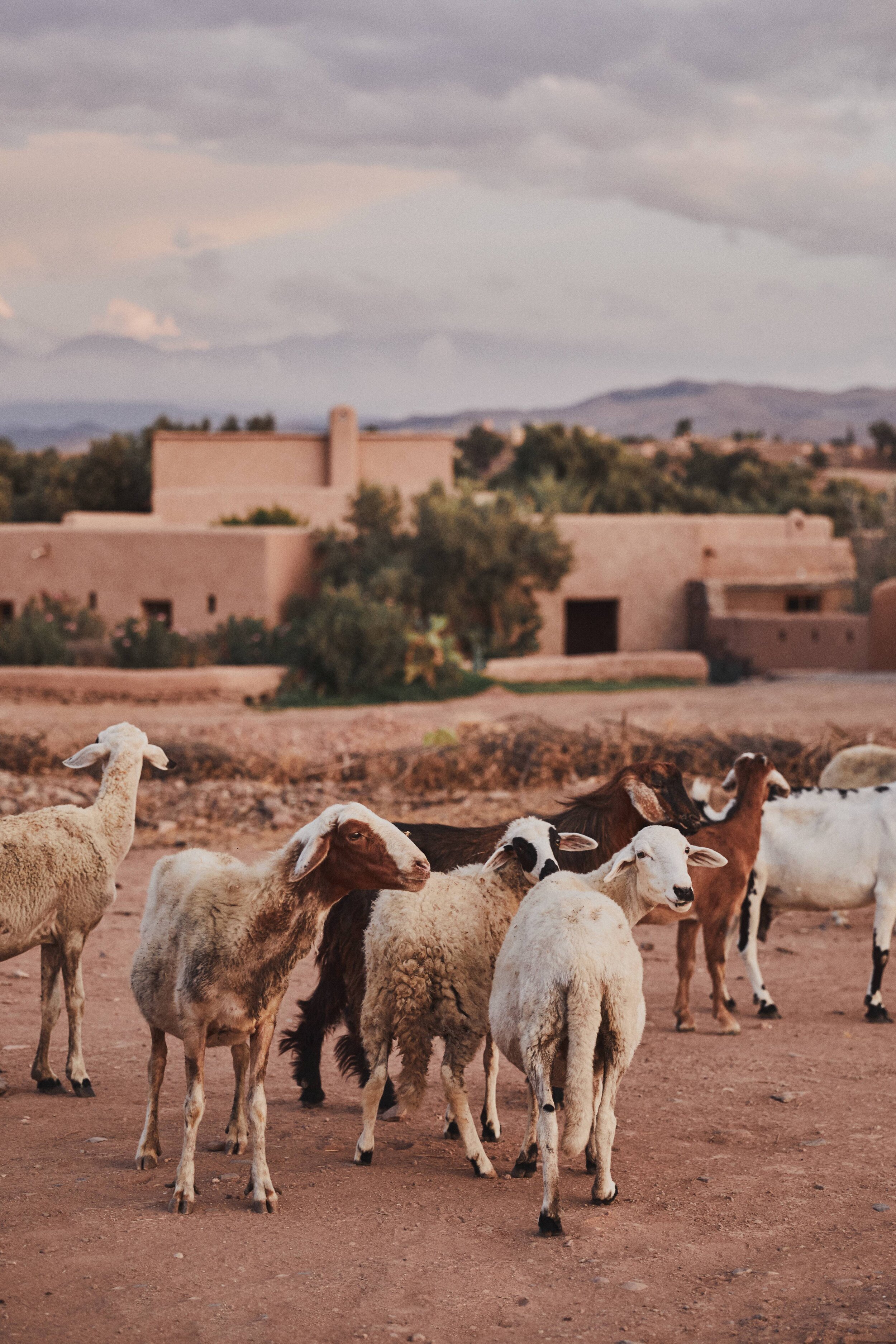
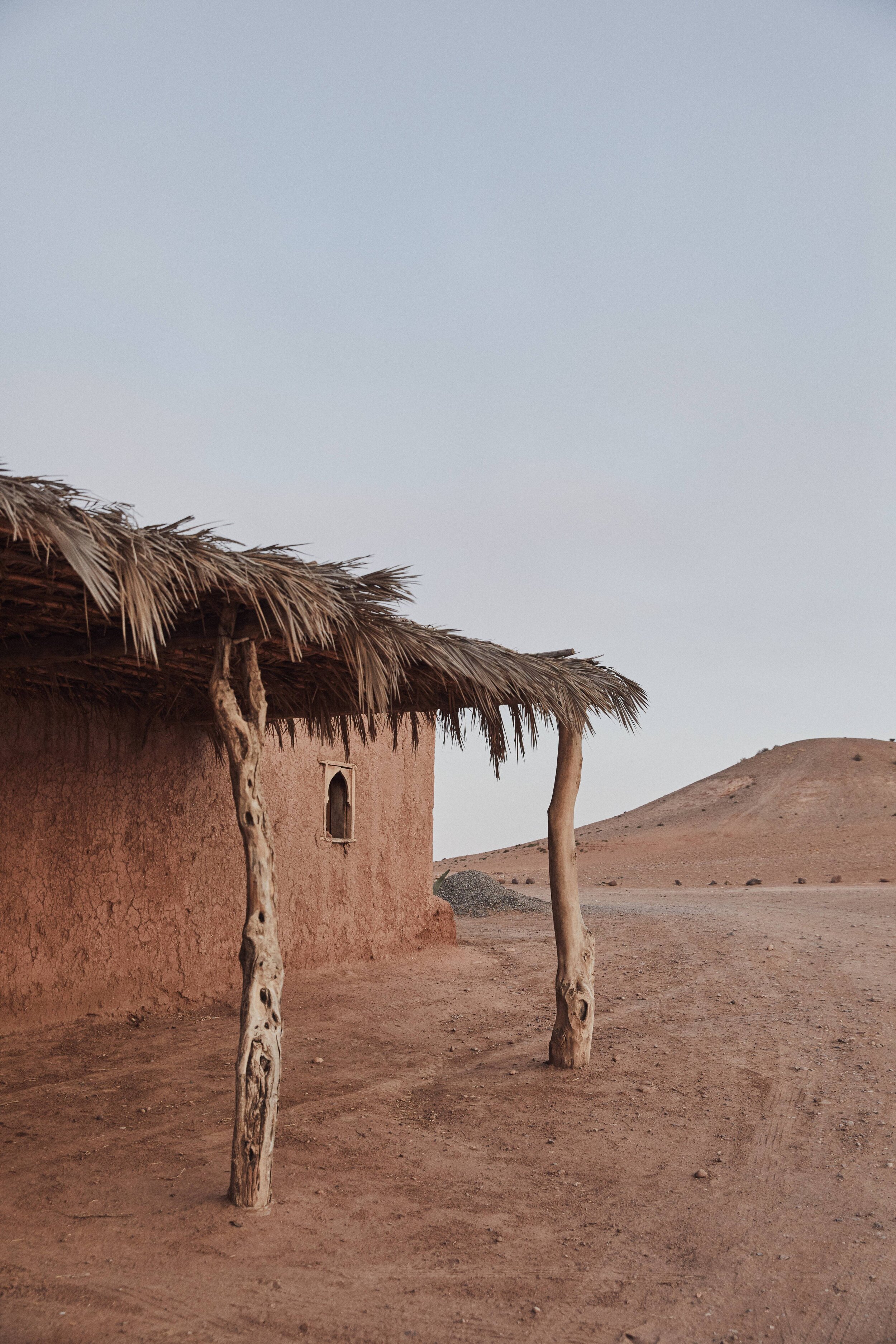
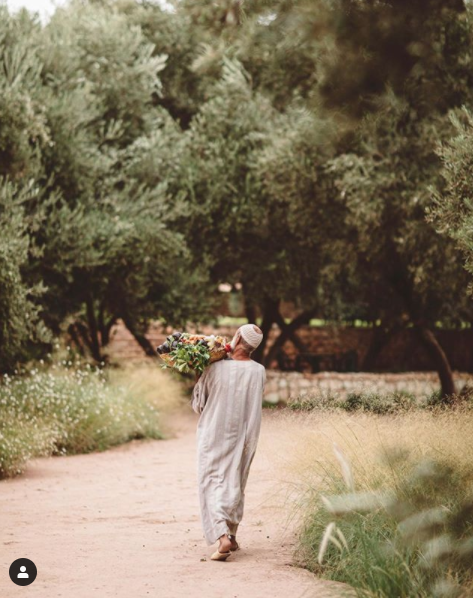
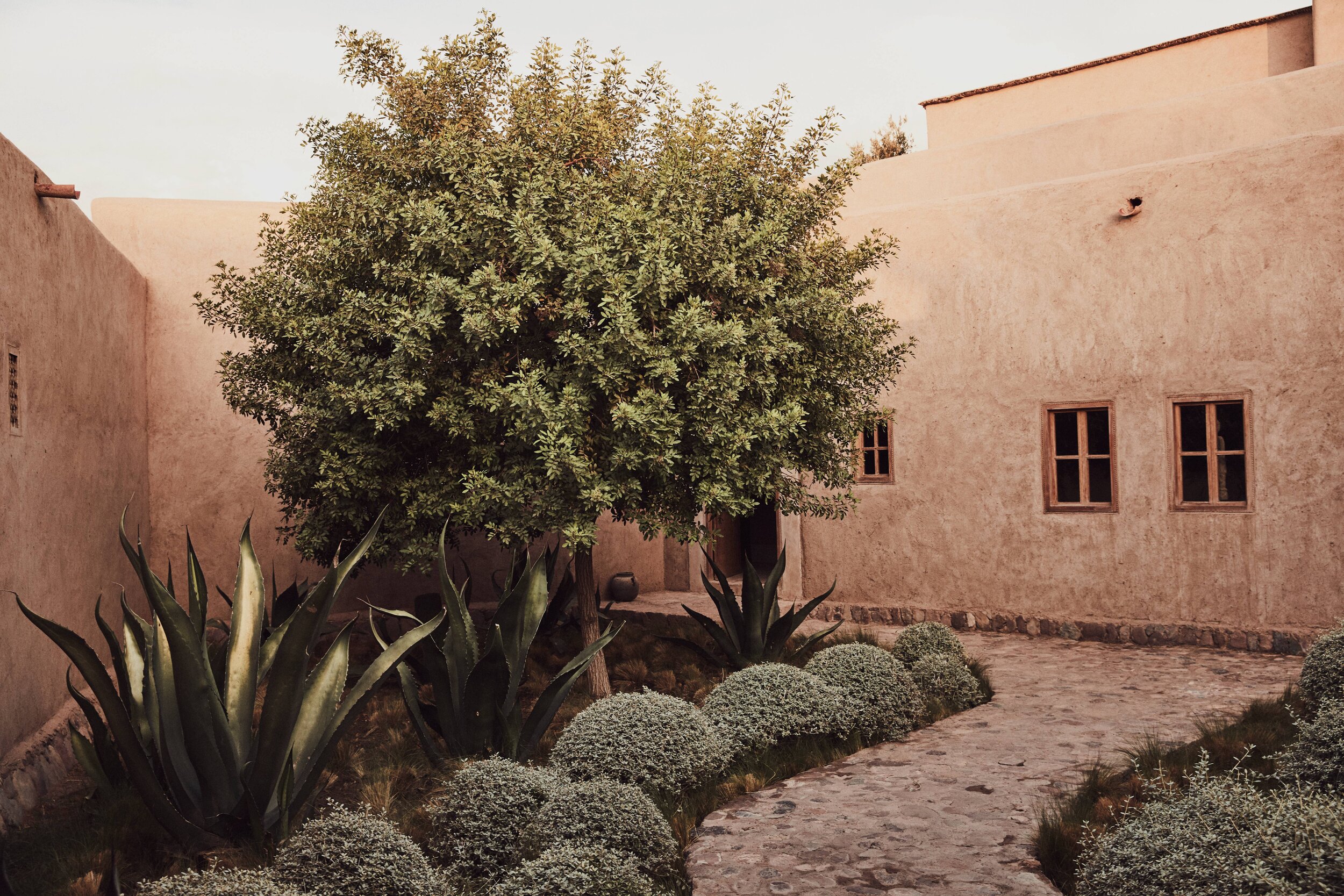
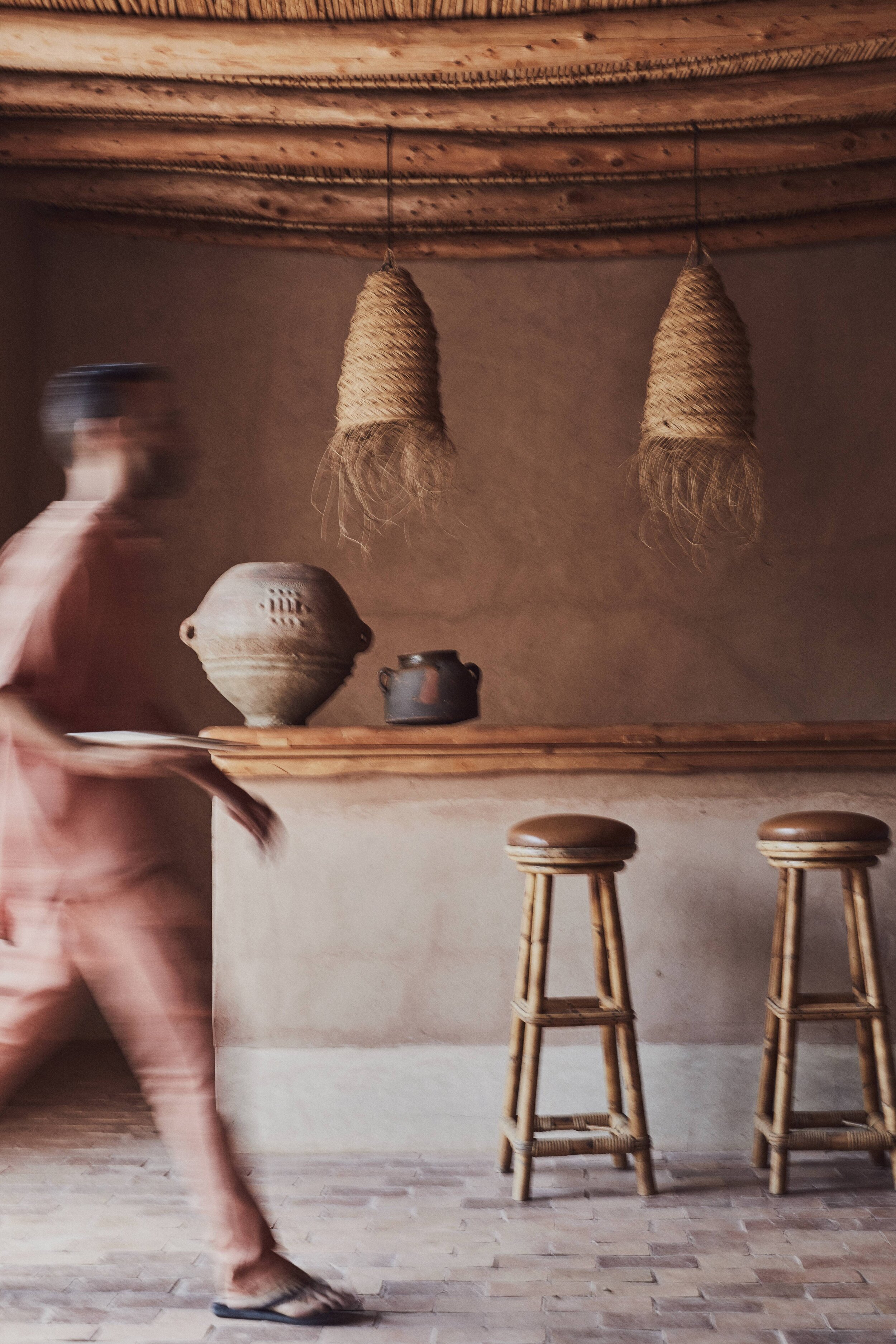
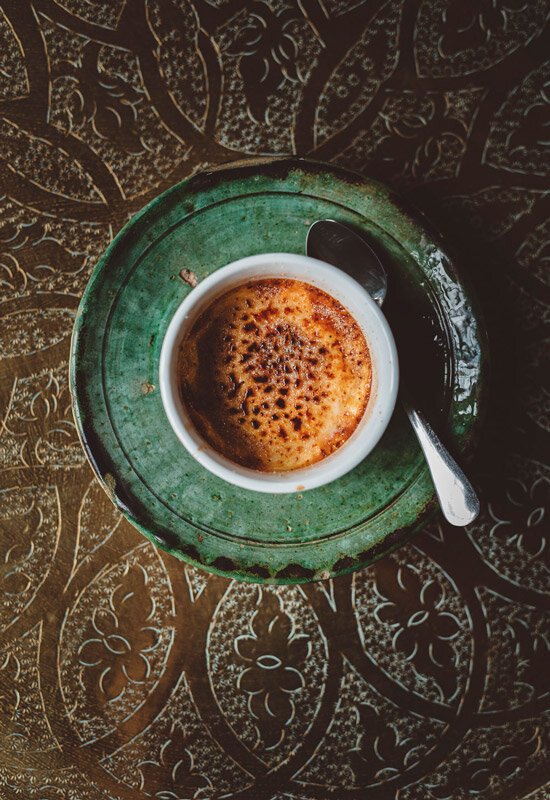
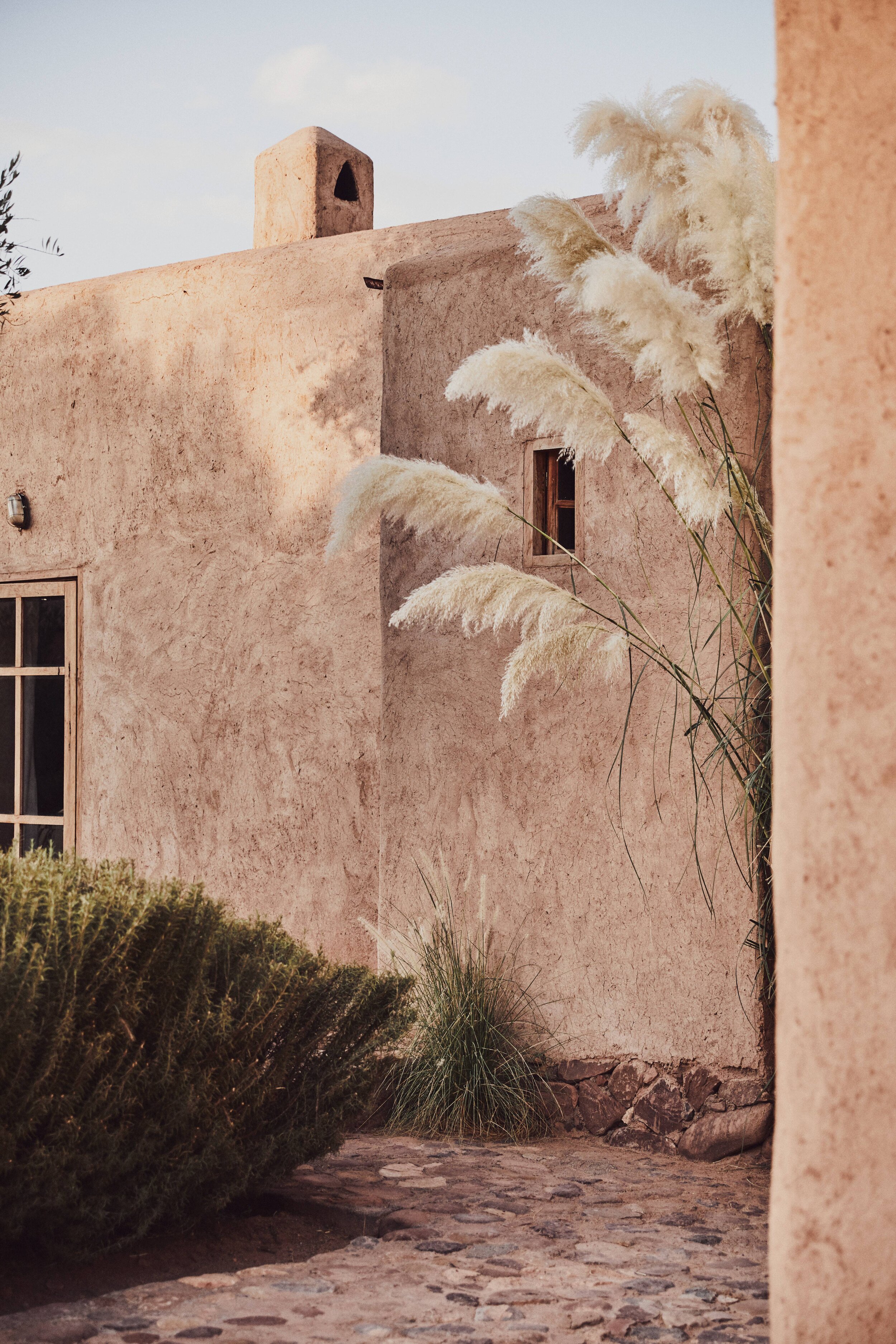
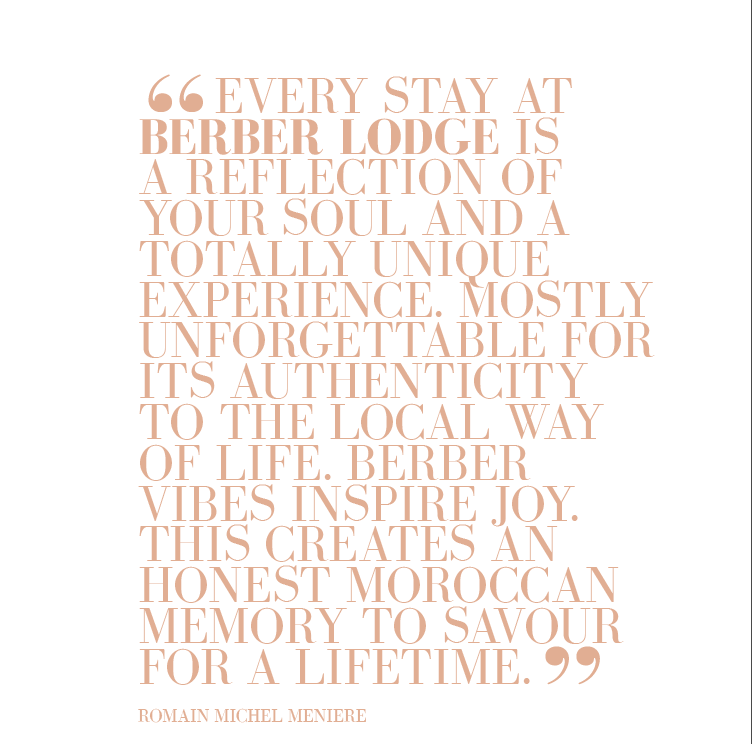
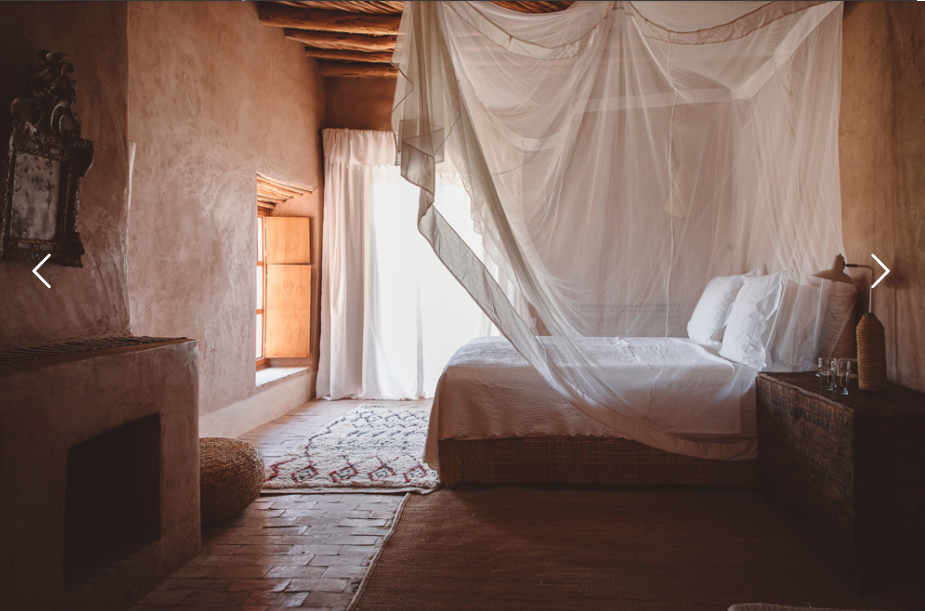
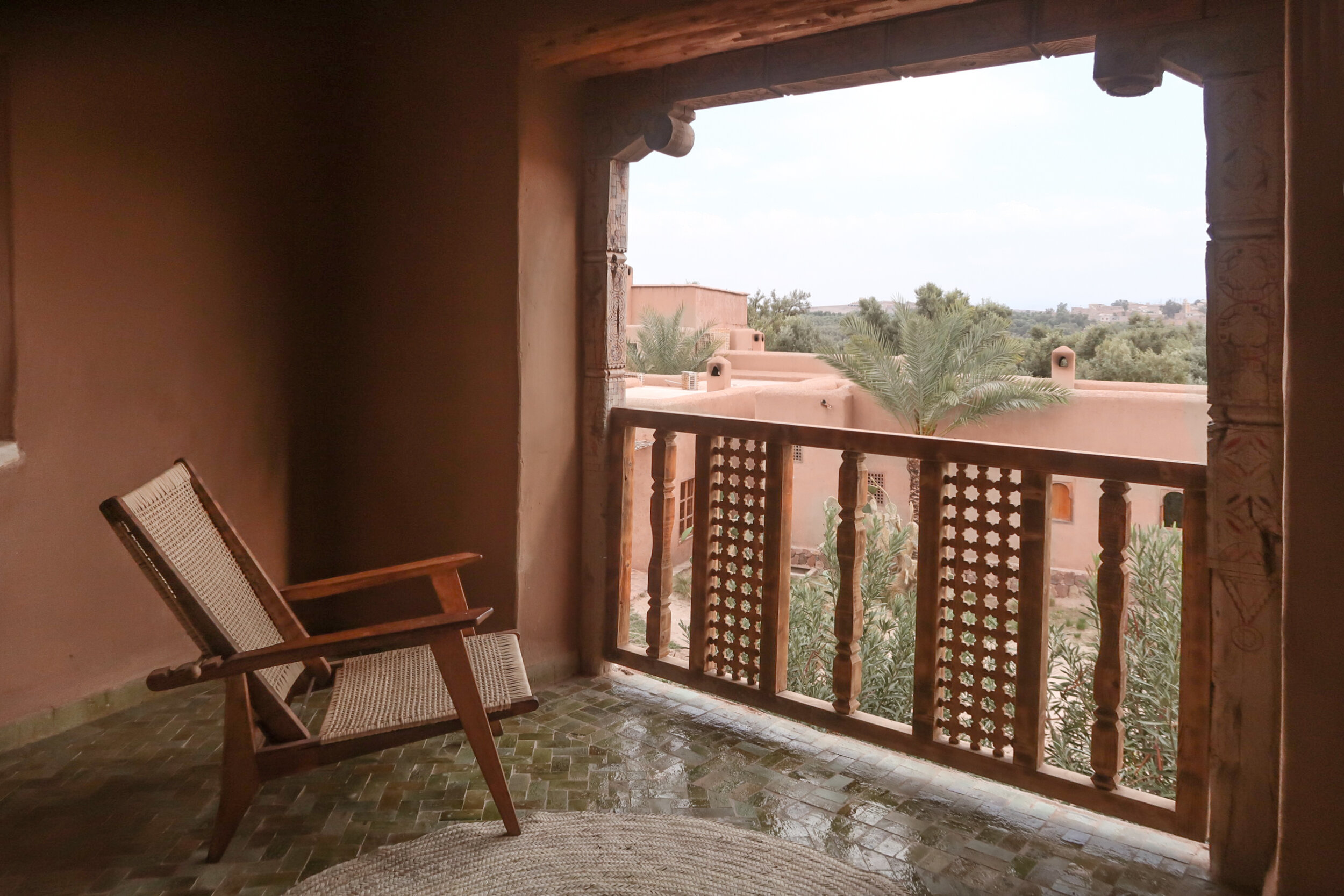
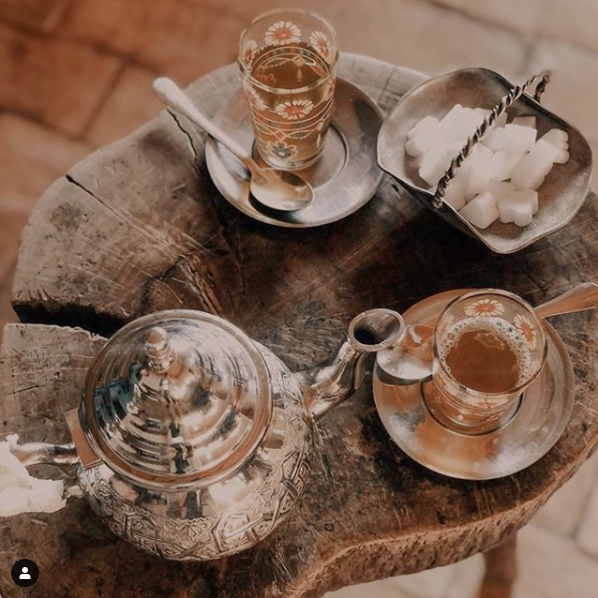
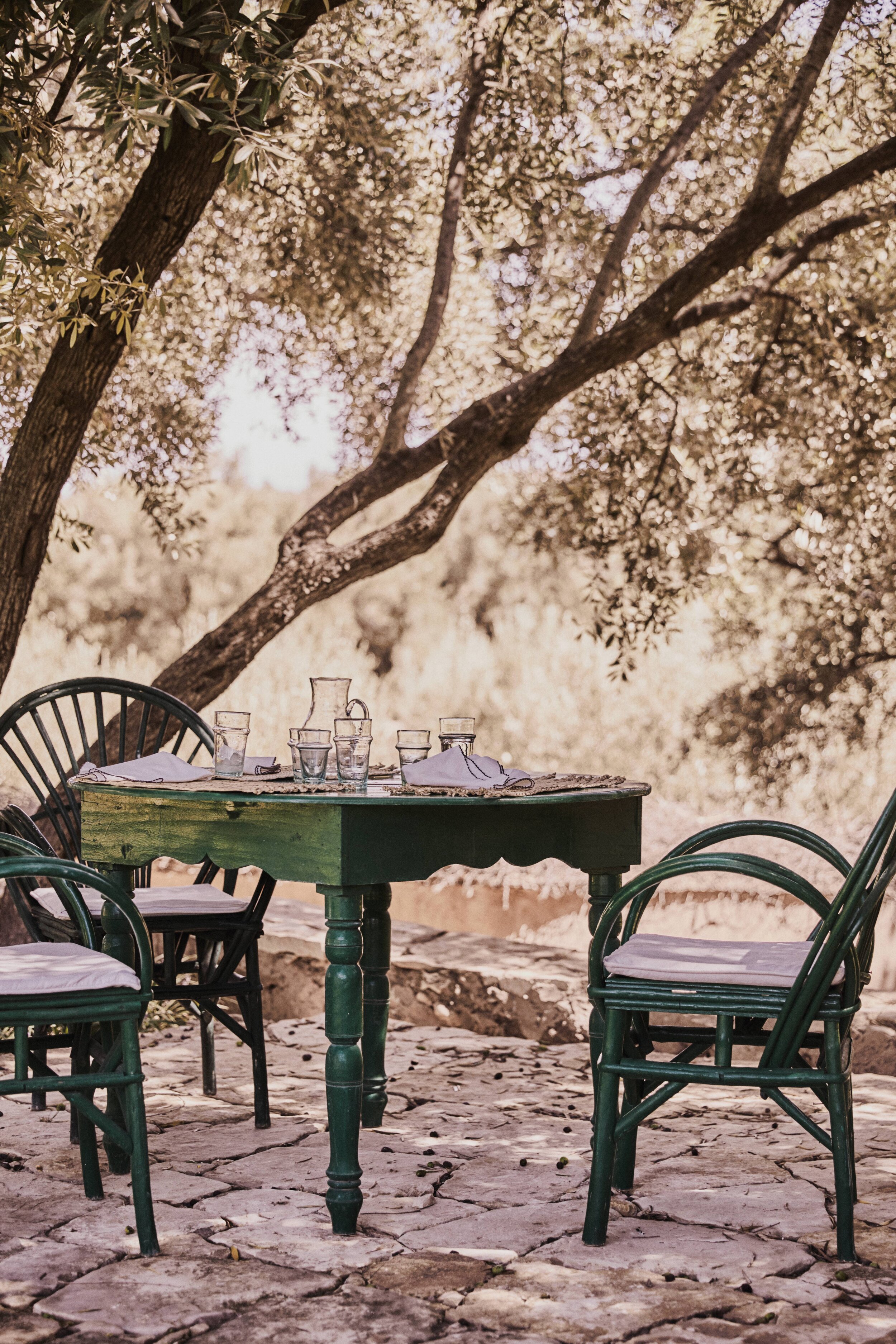
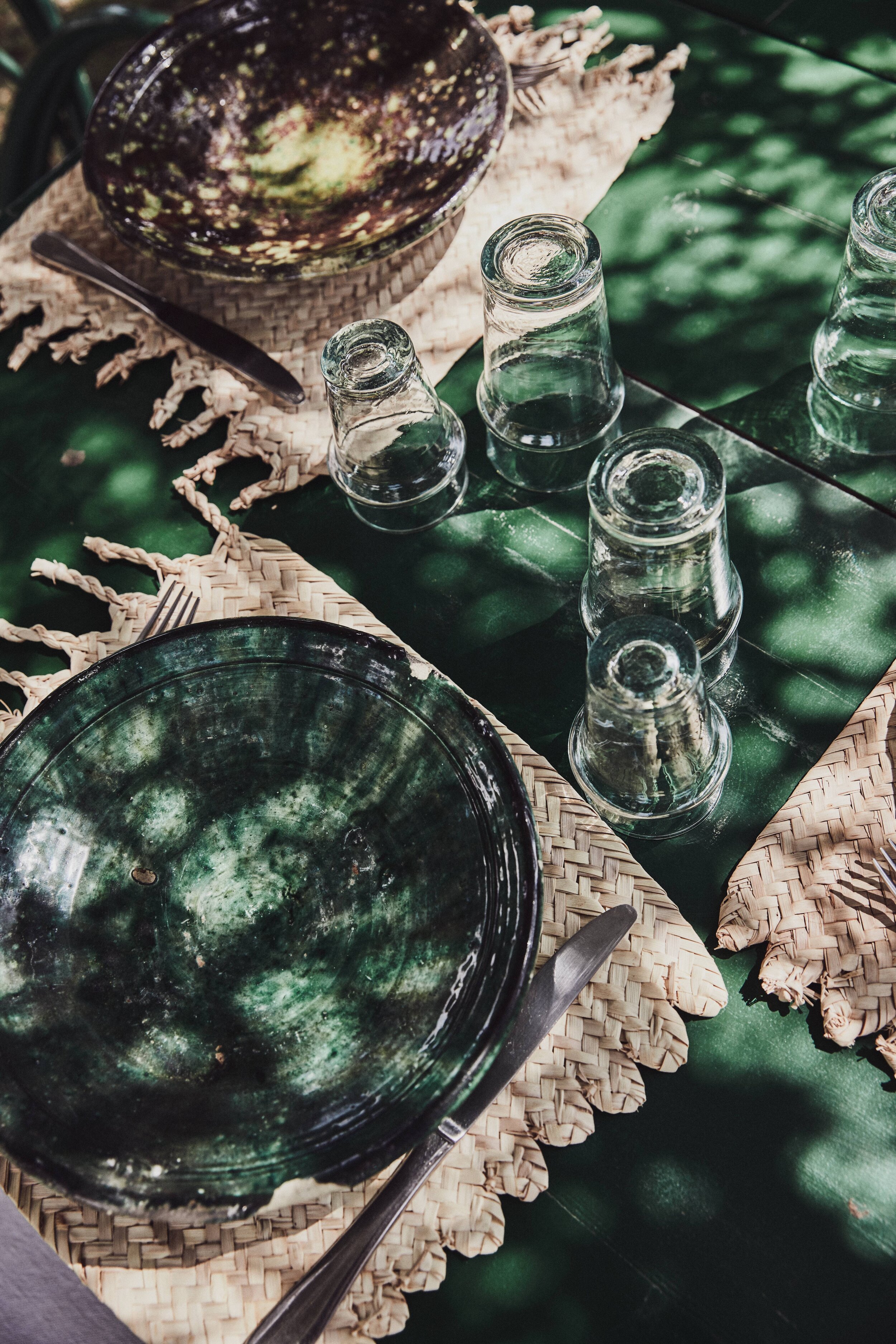
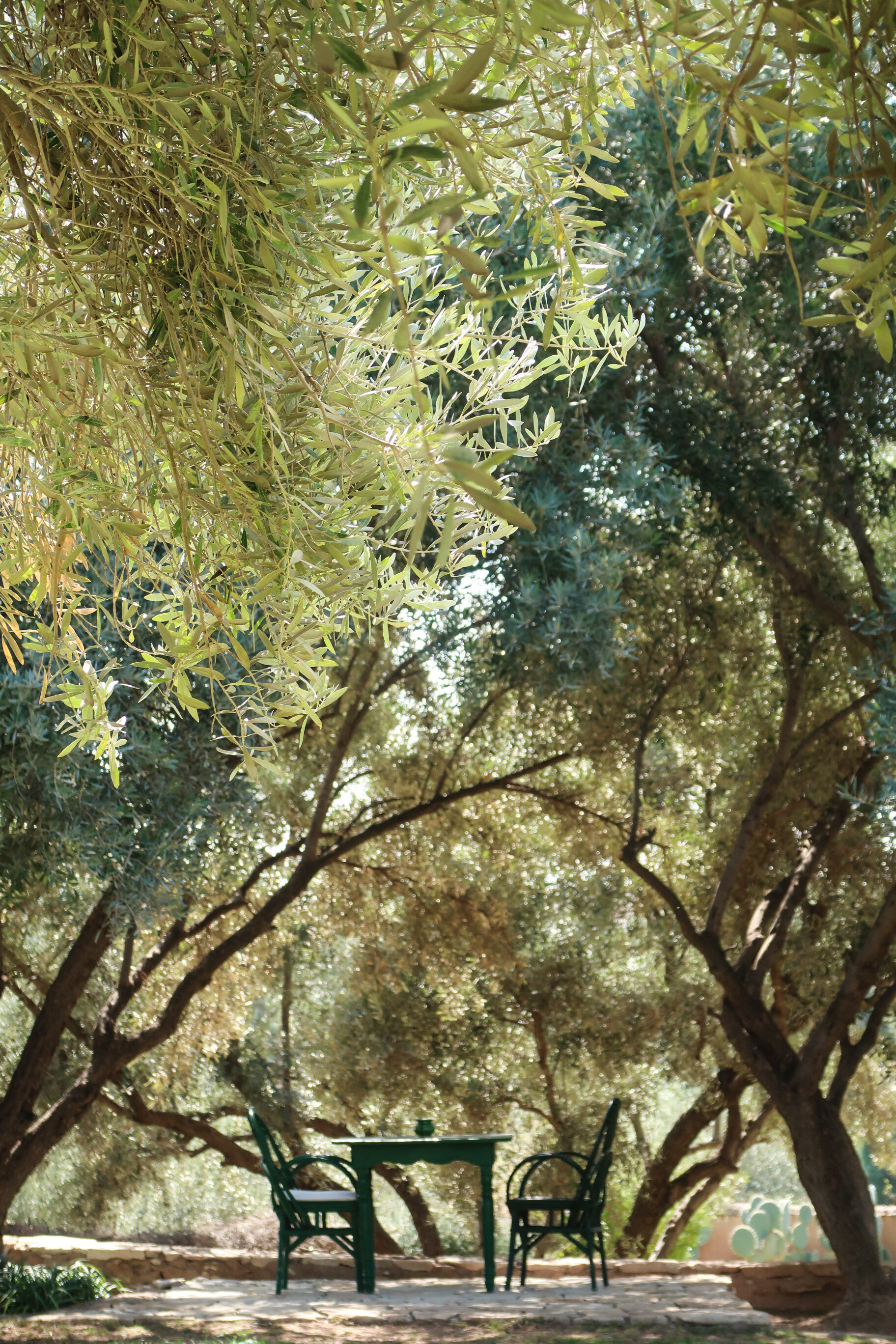
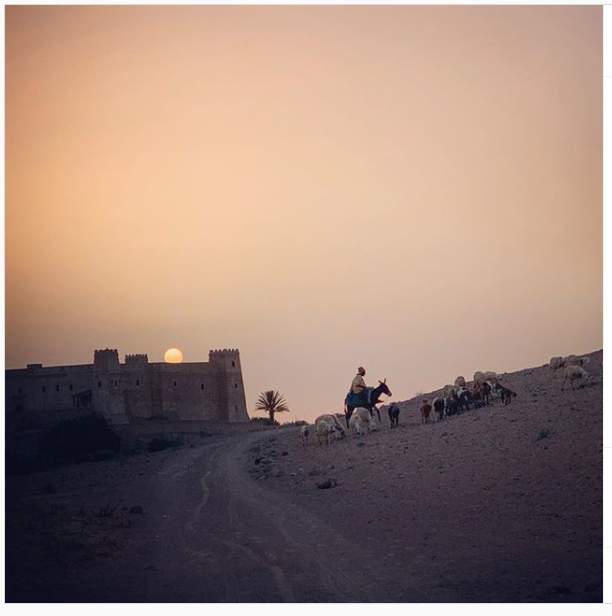
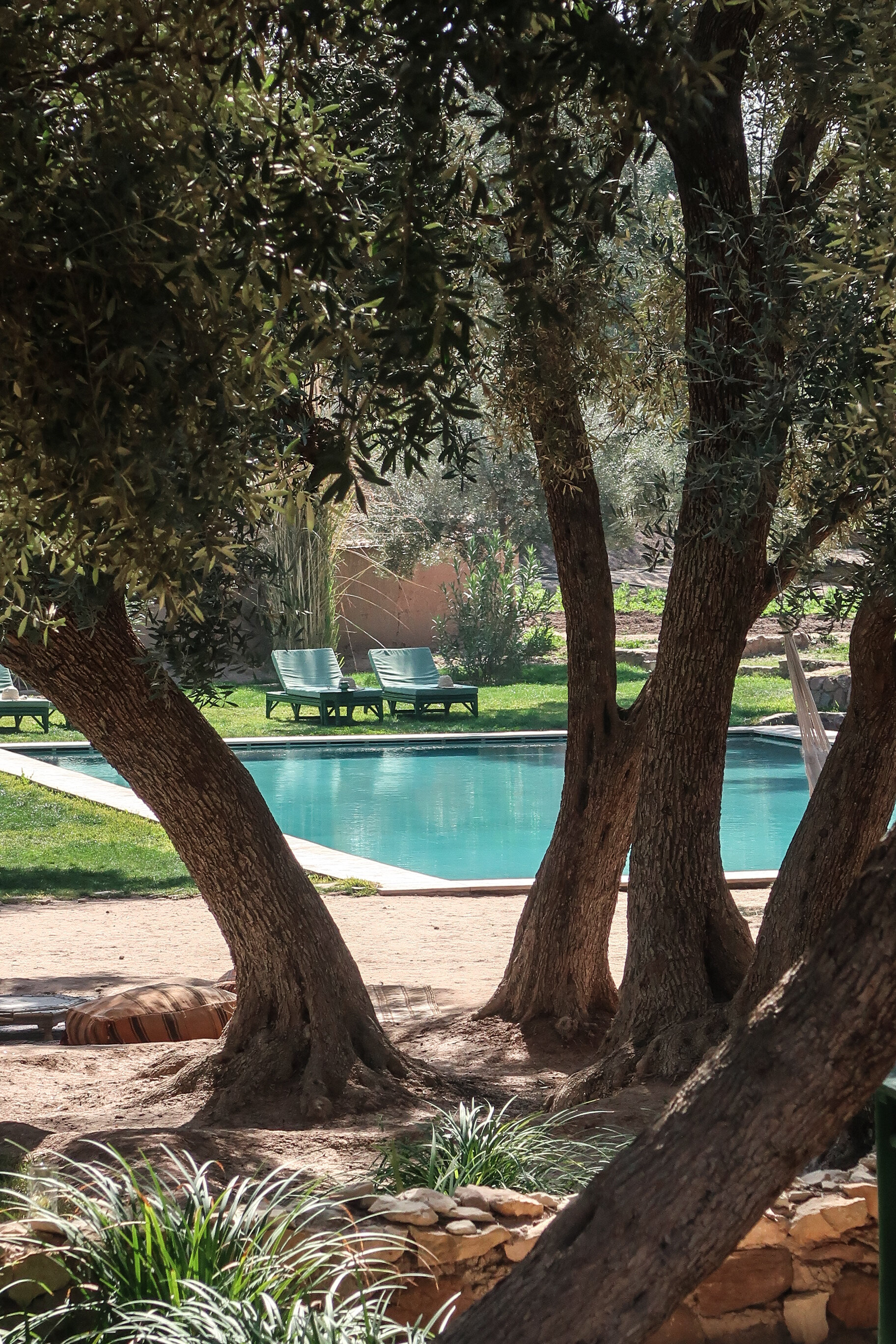
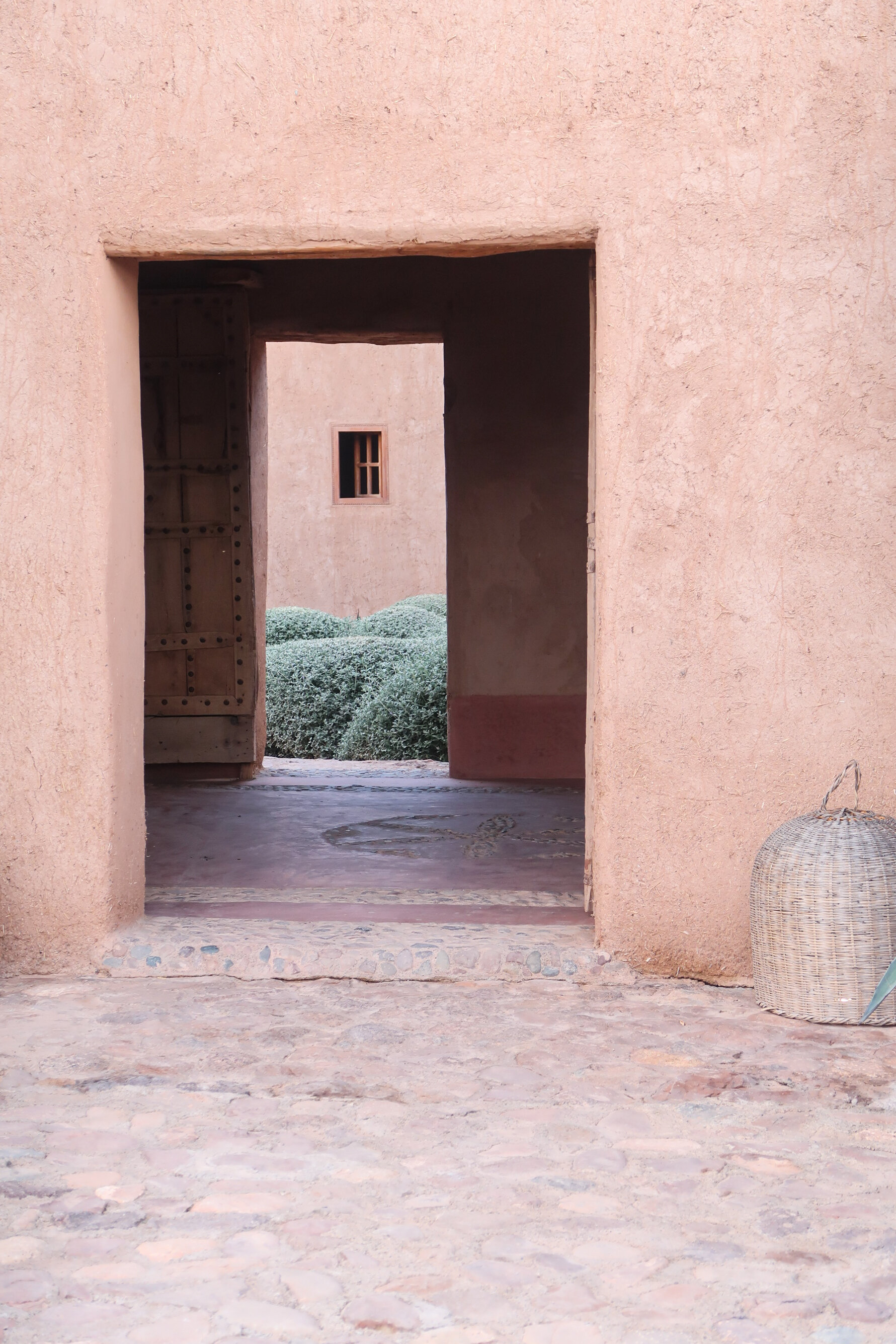
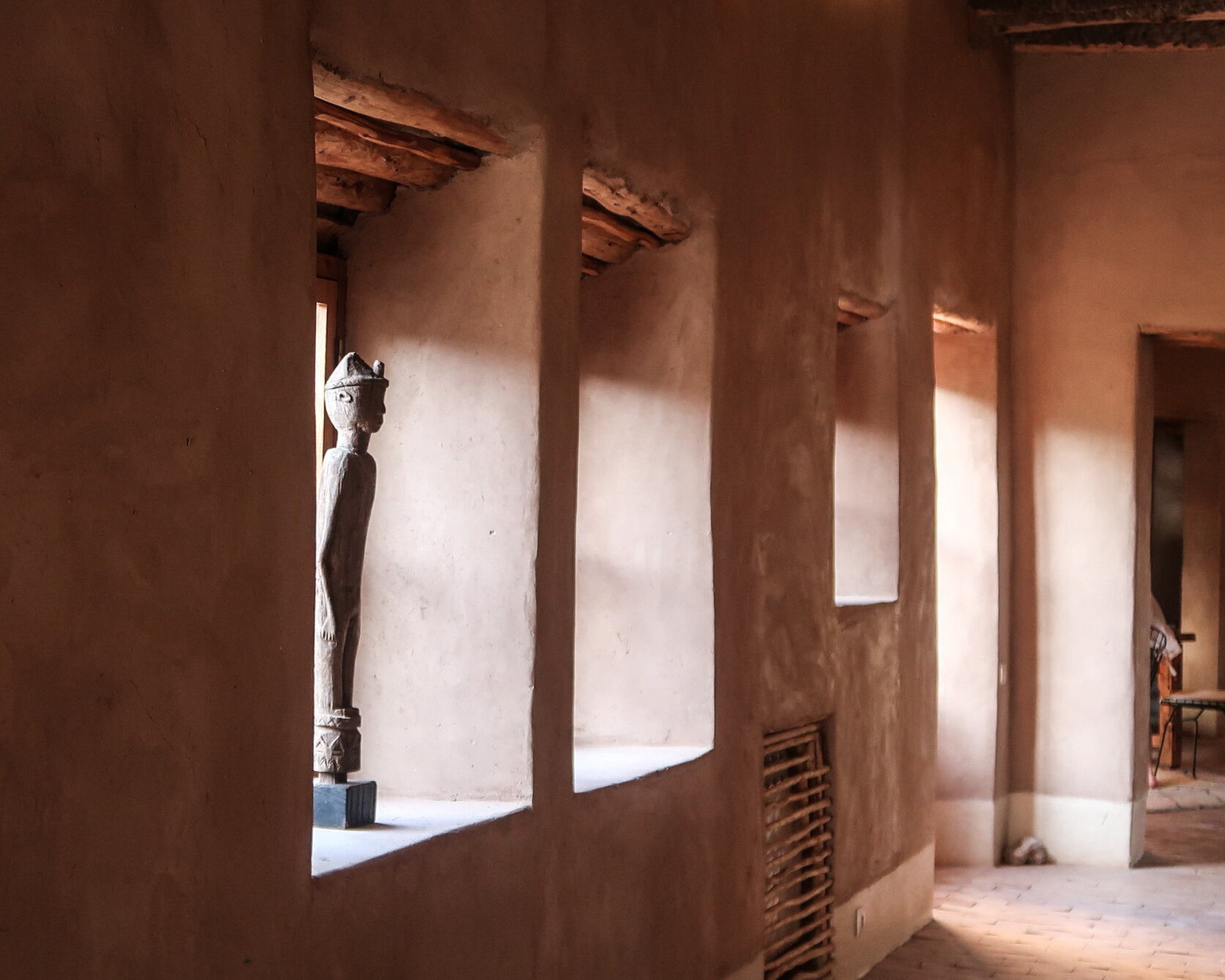
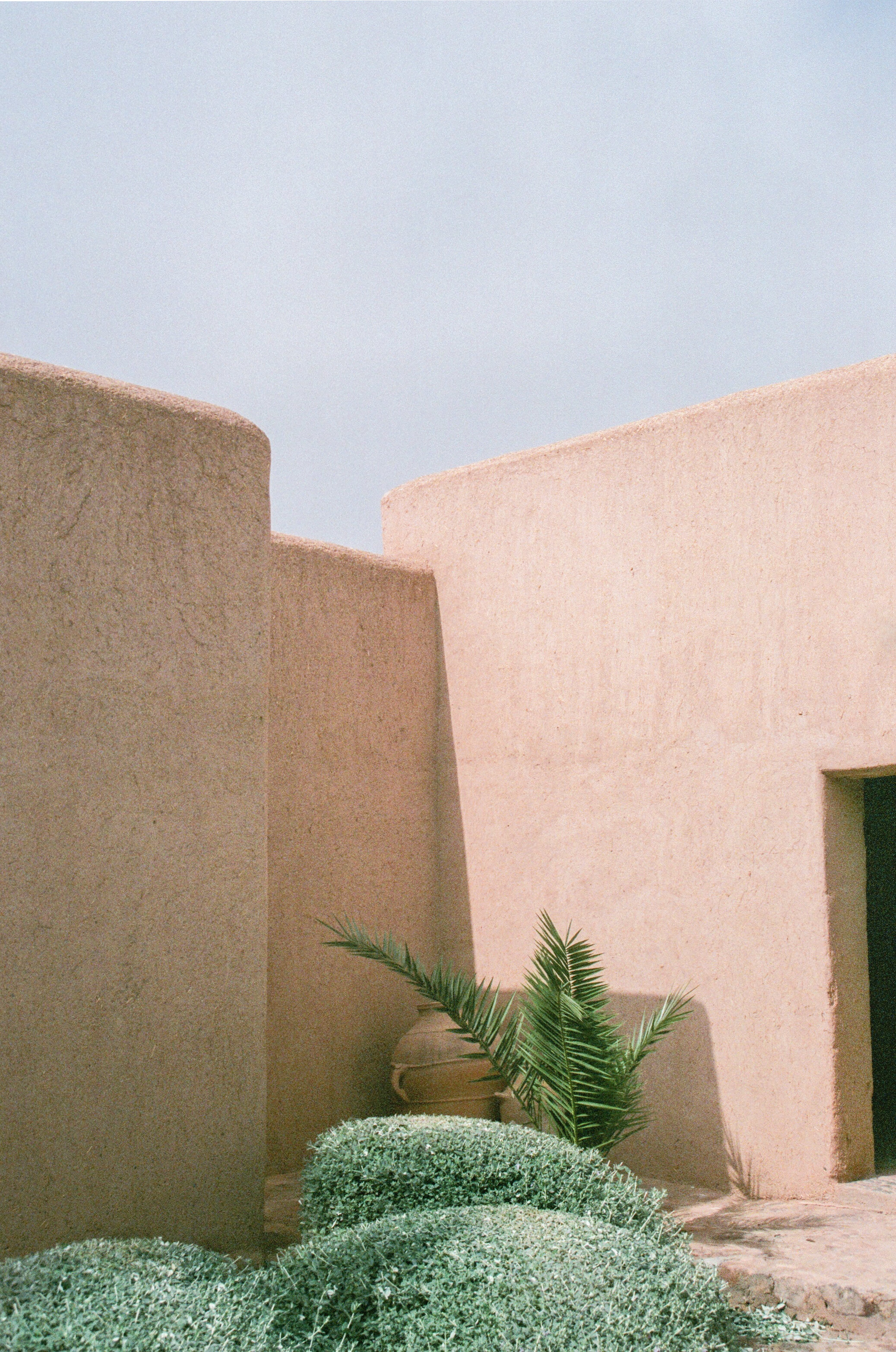
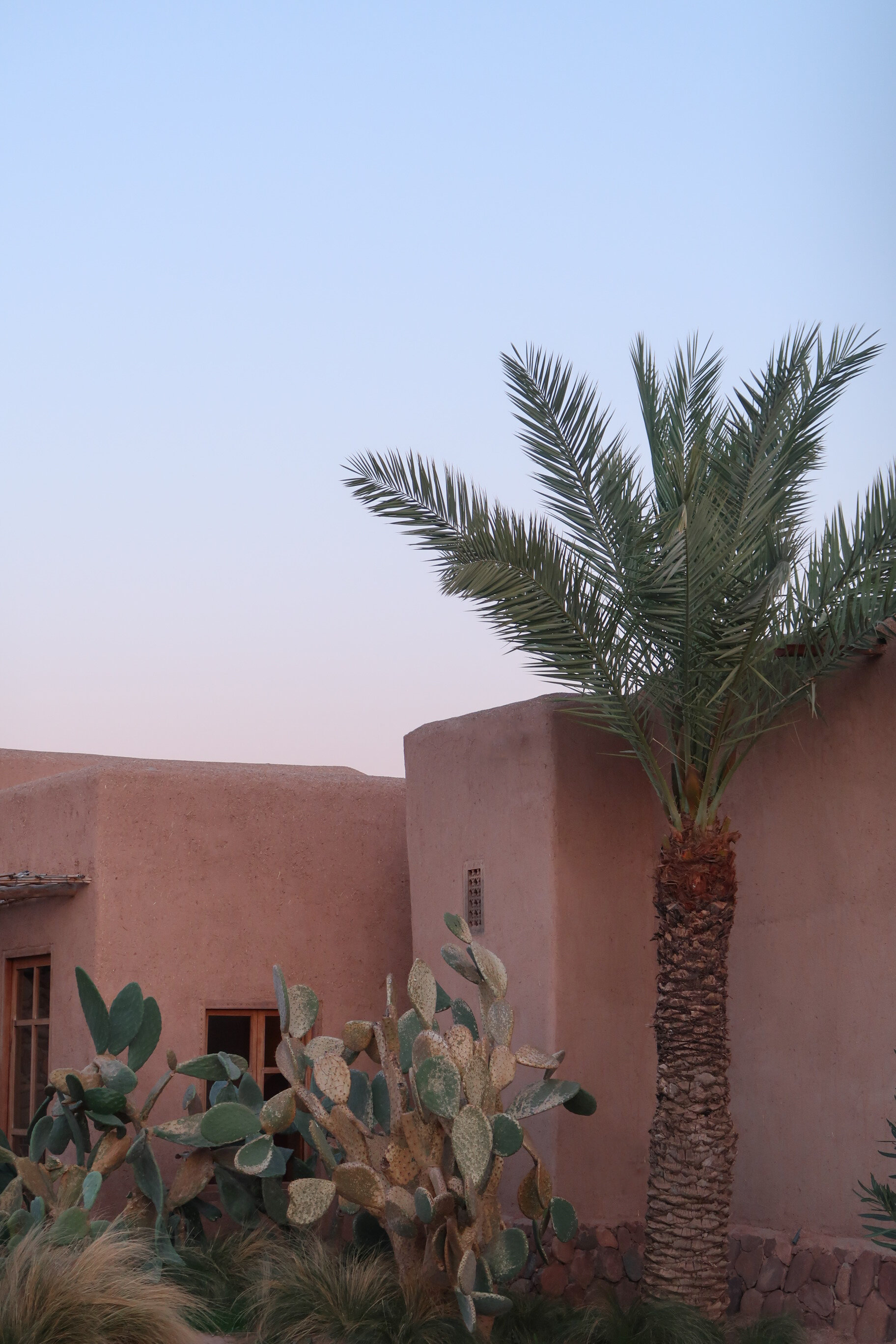

Are Berbers still mostly nomadic? How far do they roam and what is their mode of transport?
No. Berbers, being one of the oldest social groups are in fact a mix of ethnicity, but they share same traditions, culture, language and history. Some were desert nomads… like the Tuareg people who travelled with camels on the Sahara Desert… but today, most Berbers have settled in the valleys near here. As an easy way to organise and manage a sustainable lifestyle around agriculture. These Berbers originally relocated inland to escape foreign invaders, such as the Arabs and Greeks who were more interested in staying close to maritime trades at the time.
Not all Berbers have crafts though. The Berber d’Oumnes, (same region Berber Lodge is located) are traditionally shepherds and olive grove farmers. However, the Berbers further inland in the middle Atlas Mountains region specialise in textiles and rugs.
Is there a traditional craft that originates from this region?
There is a little village close by that is renowned for textile weaving. This tradition is very important to their community. We support locals as much as we can. The guest towels and dining napkins are all handmade by the weaving artisans of this village. Some of the interior features are also locally made.
Marrakech is a much loved travel destination not far from Berber Lodge. What makes this part of the world such a desirable experience?
Wow! Marrakech is definitely a travel experience to make in a lifetime! Morocco too, has so much to offer. Marrakech is definitely not a ‘slow’ experience. It’s exactly the opposite in a culturally rich and authentic way. That is what makes Berber Lodge such a great ‘slow stay’. Guests can escape the hustle of Marrakech to slow things down to a local level.
Every stay at Berber Lodge is a reflection of your soul and a totally unique experience. Mostly unforgettable for its authenticity to the local way of life. Berber vibes inspire joy. This creates an honest Moroccan memory to savour for a lifetime.


